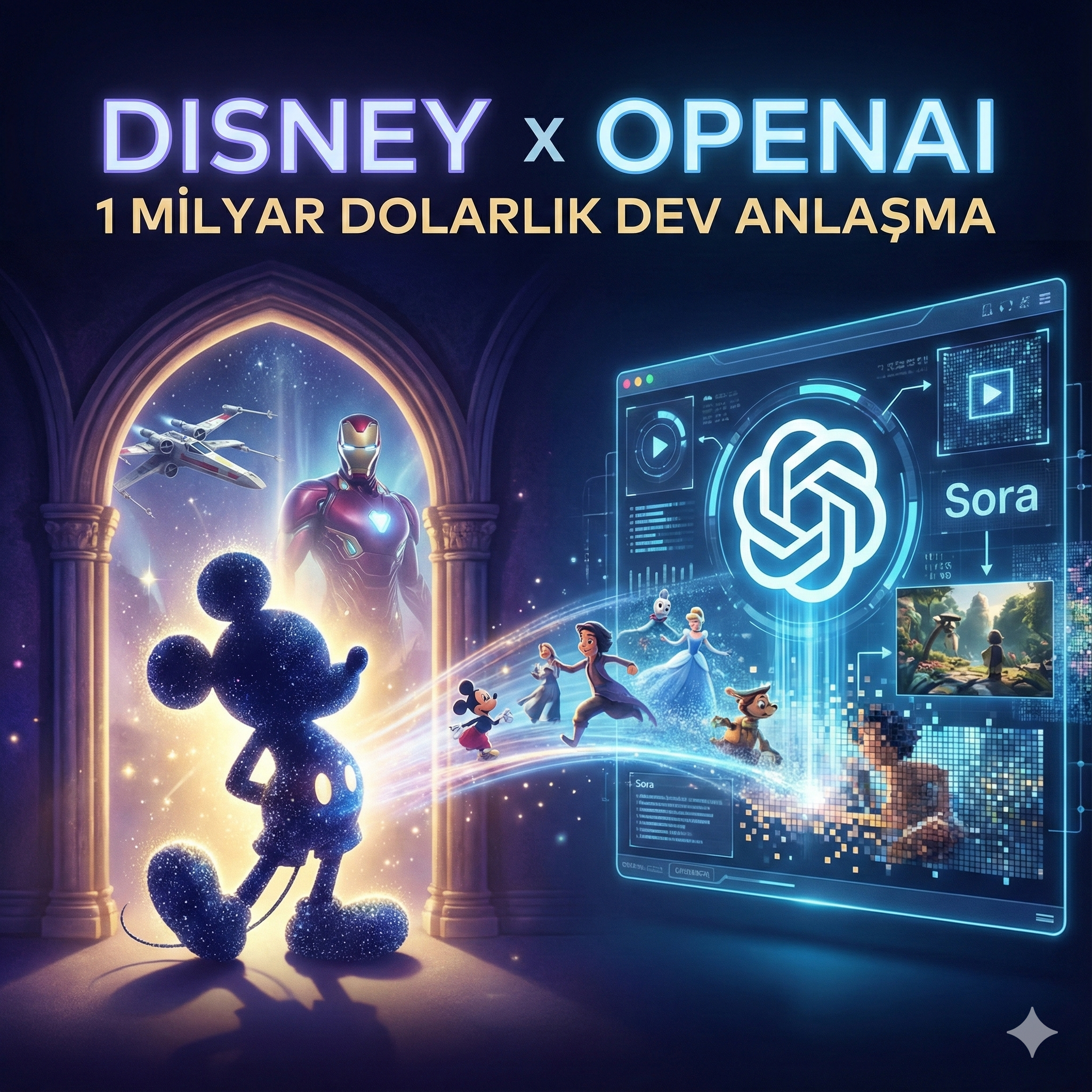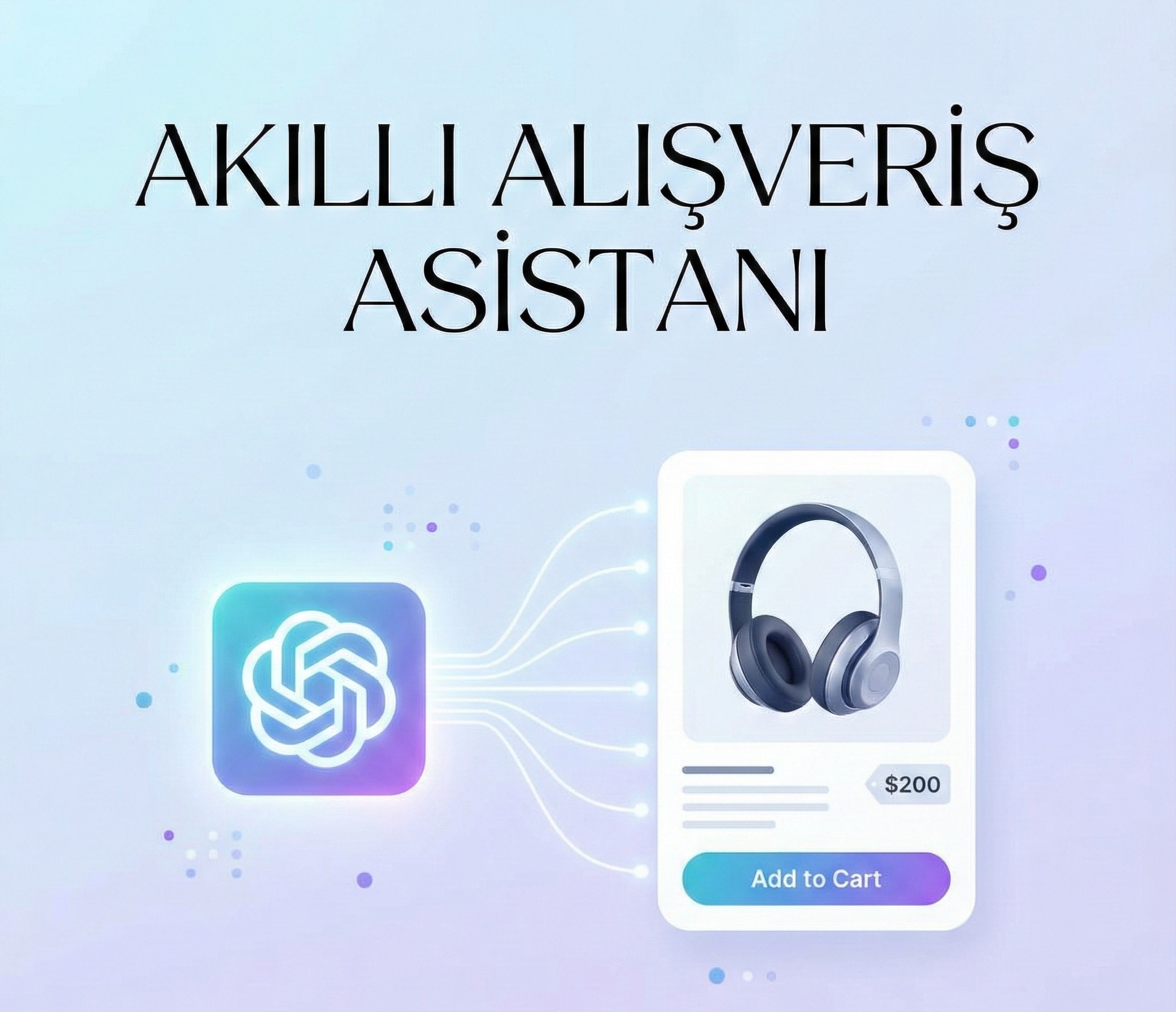ChatGPT:
Google has introduced a new search feature called Web Guide to make the search engine experience more effective and user-friendly. Tested under Search Labs, this experimental feature not only lists search results but also organizes them into structured and thematic categories thanks to a special Gemini AI model. This allows users to access the information they are looking for much faster, more meaningfully, and in a more organized format.
Unlike the traditional flat listing system seen in search results, Web Guide offers great convenience, especially when dealing with complex and open-ended queries. For example, when a user searches for a broad query like “traveling alone in Europe,” the system breaks the search into subtopics such as “safety tips,” “budget planning,” or “itineraries for solo travelers,” organizing them under related headings.
Google Web Guide: An AI-Powered Structure
One of the most important innovations of Google’s Web Guide feature is making the AI integration in search results more visible and functional. The Gemini model analyzes the user's query and simultaneously breaks it into subtopics. Each subtopic then displays both directly relevant content and AI-supported brief summaries.
This structure helps guide users not just based on words but also by topics. Therefore, without needing to perform a new search, users can access more information on the same query. The speed of information retrieval and the thematic grouping of results are key success factors for this system.
Benefits of Web Guide:
- Meaningfully structured content
- Search results displayed under headings
- A variety of alternative helpful resources presented together
- A structure similar to AI Mode but based on direct connections
- Results presented with greater context compared to traditional lists
How the Web Guide System Works
In developing the Web Guide feature, Google adopted a technique known as “query fanout.” In this system, the user’s query is broken into pieces, and relevant content for each piece is gathered simultaneously. These content items are then brought together and presented in themes that users can easily follow.
This means users no longer need to visit different websites to find answers to various aspects of their questions. Unlike traditional search experiences, this system not only provides links but also briefly summarizes what the content is about, making the results more engaging and comprehensive.
How Will Users’ Experience Be Affected?
The new Web Guide system is a significant step for users who want to save time and access comprehensive information on a topic. When researching any subject, users can quickly access the answers they need with just a few clicks, thanks to the displayed content and headings. Additionally, the diversity of content offered by the system is remarkable: YouTube videos, forum discussions, blog posts, and news content are all gathered under a single heading.
This diversity is particularly valuable for users who seek more depth. By categorizing content and offering a visually more organized structure, Google’s Web Guide is set to challenge traditional search habits.
The Rise of Google’s New Search System
With the Web Guide feature, Google is transforming search engine logic from just presenting results to providing meaningful information in the form of a guide. This system makes users' search experience more functional, faster, and of higher quality. For today’s internet users, who are racing against time to access information, Web Guide presents a high-potential structure.
Since the system is still in the testing phase, it shows that it will be improved based on user feedback. However, many users have already found Web Guide’s results to be more structured and helpful compared to traditional search results.
With this innovation, Google is leading the evolution of search engines toward smarter, more thematic, and user-focused solutions.





